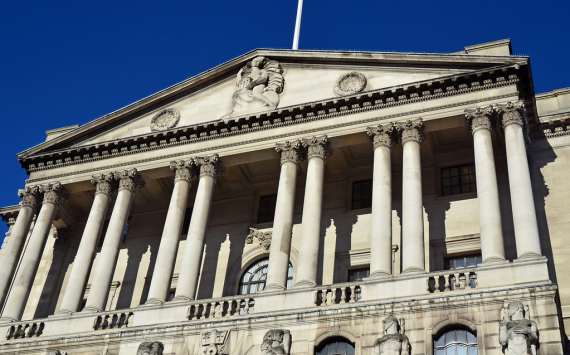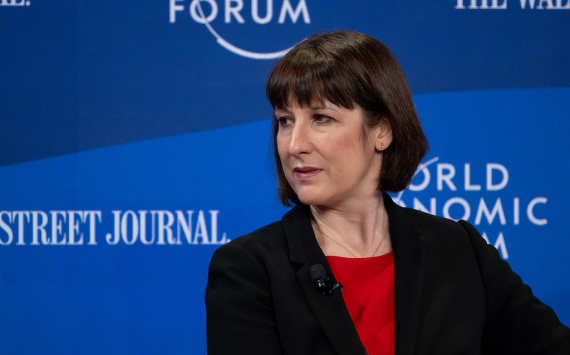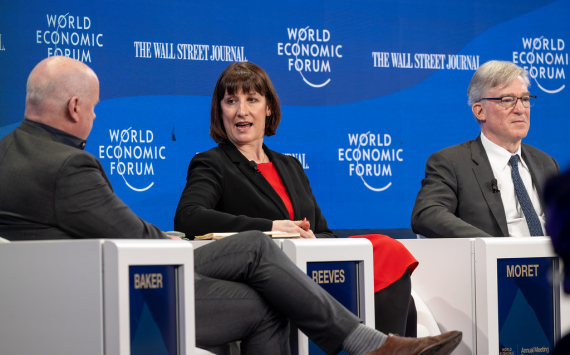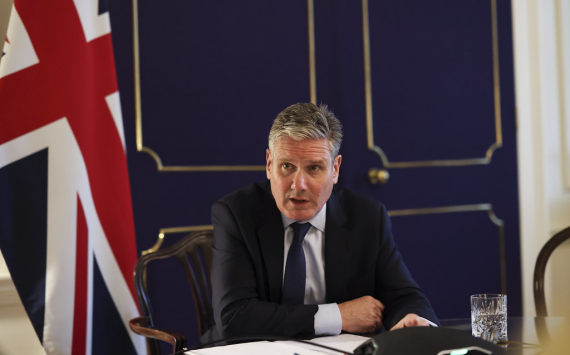
Key rate
The Bank of England intends to resort to a more radical than planned key rate hike in response to the current difficult situation in the UK economy. The regulator's governor Andrew John Bailey said this, according to Sky News television on Saturday, at a forum hosted by the International Monetary Fund in Washington.
"Given the current state of affairs, my most likely assumption is that inflationary pressures will require a stronger response than we may have thought in August," Andrew Bailey said.
The bank had earlier predicted that domestic inflation, boosted by rising energy prices, could reach 11% in October. The regulator's stated aim is to keep prices from rising by more than 2%.
The Bank of England is due to hold its next meeting on 3 November. Many experts expect the rate to rise from the current 2.25% to 3% or even 3.25%. It cannot be ruled out that it could go as high as 6% by the middle of next year.
Also, Andrew Bailey said that in making its decision, the regulator will analyze the effectiveness of the government's programme to freeze electricity prices, as well as the new budget strategy to be presented by the new Finance Minister Jeremy Hunt on October 31. He succeeds Kwasi Kwarteng. GLOBALENG.BIZ wrote about this earlier.
Kwasi Kwarteng lost his portfolio on Friday amid a government crisis that began in late September, when he and the prime minister unveiled a new economic programme for the cabinet. It envisaged a massive tax cut that would have left the budget short of £45bn a year, equivalent to 1.8 per cent of GDP. The government will spend a further £150bn to freeze electricity and gas prices for consumers for two years.
It is worth noting that the kingdom's equity and bond markets reacted badly to the moves, with the pound plunging to a record low, at one point almost equalling the dollar.
The Bank of England was forced to step in and has so far spent more than £65bn buying bonds to support the market. Experts doubt that the plan of Prime Minister Liz Truss to reduce taxes and government regulation will quickly lead the country out of recession, achieve economic growth and curb the record high inflation. At the same time, the country's debt burden will increase and businesses and people are already facing rising interest rates on loans and mortgages.











































